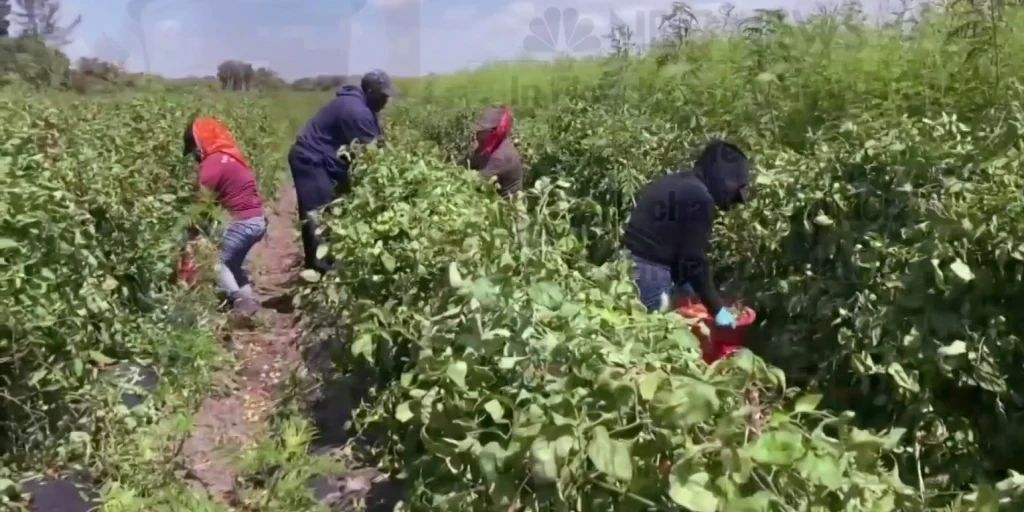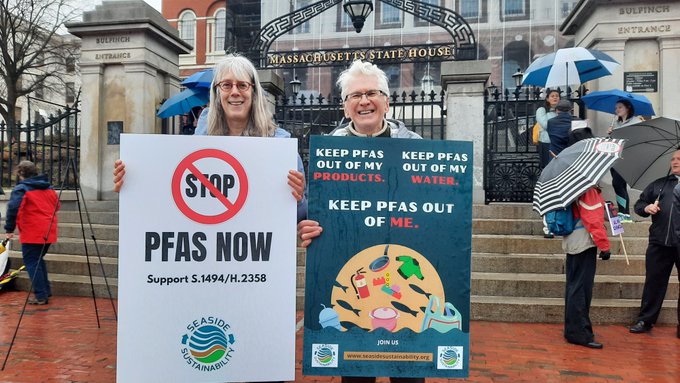The fish was caught near a drainage outlet where water from melted nuclear reactors flows—some of the same water that is to be treated and released from the power plant starting next month.
By Julia Conley. Published 7-24-2023 by Common Dreams

With the Tokyo Electric Power Company planning to begin a release of 1.3 million tonnes of treated wastewater from the former Fukushima Daiichi nuclear power plant in Japan next month, reports of radioactive fish in the area have raised alarm in recent years—and new reporting on Sunday revealed that the problem is far from mitigated, prompting questions about how dangerous the company’s plan will be for the public.
The plant operator, known as TEPCO, analyzed a black rockfish in May that was found to contain levels of radioactive cesium that were 180 times over Japan’s regulatory limit, The Guardian reported.
Continue reading









